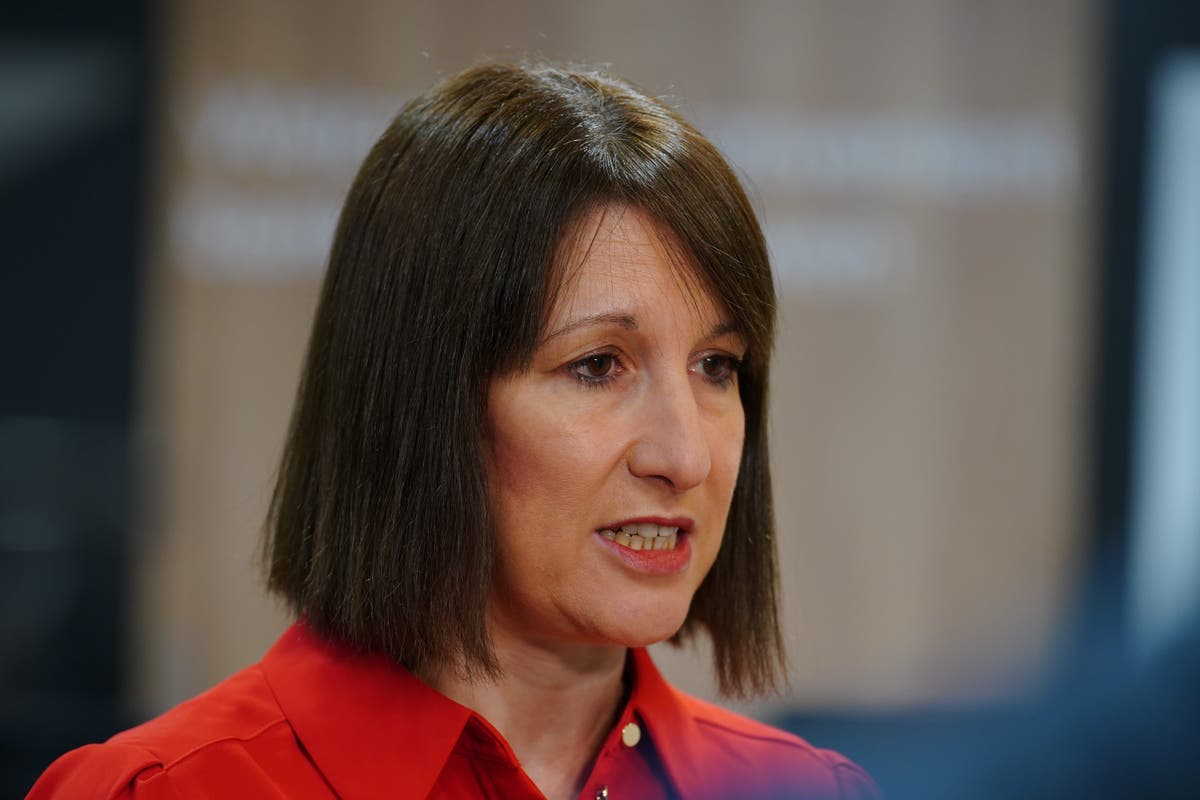Energy Price Cap: Relief for Households, Challenges for Businesses – Scottish Business News

- by Admin
- June 28, 2024

Energy bills in Great Britain are set to decrease by 7% this summer as Ofgem announces a new price cap, affecting around 28 million households in Scotland, England, and Wales.
From 1 July to 30 September 2024, the average annual bill for a typical dual-fuel household paying by direct debit will be £1,568, a reduction of £122 compared to the previous cap.
The new cap limits the maximum amount energy suppliers can charge per unit of gas and electricity.
Under the cap, electricity rates will average 22.36 pence per kilowatt hour (kWh) with a daily standing charge of 60.12 pence, while gas rates will average 5.48 pence per kWh with a daily standing charge of 31.41 pence.
The cap applies to customers on standard variable tariffs, including those who pay by direct debit, standard credit, Economy 7 meter or prepayment meter.
Despite this decrease, energy bills remain significantly higher than pre-crisis levels, with the average dual-fuel bill about £400 more per year than in the summer of 2021.
Ofgem reviews the price cap quarterly, with the next update due in October.
Understanding the New Price Cap Rates
Scottish Business News spoke with Philip Brennan, Founder and MD at BusinessComparison, to get further insight into the impact the price cap will have on both consumers and businesses.
Based in Chester, BusinessComparison Ltd was established in 2016 and provides comparison services for small and medium-sized enterprises.
The company’s primary objective is to assist businesses in the comparison and switching of essential business services, including energy, finance, insurance, and telecoms, to save them time and money.
When asked about the immediate benefits the average consumer can expect from the price cap reduction, Philip Brennan explained that a 7% reduction will likely result in noticeable savings on energy bills for those on variable tariffs.
He added: “Consumers on fixed-rate tariffs will still be billed the same amount, but when they sign up for their next fixed-rate contract, they might find that different deals are available after the price cap.”
Impact on Businesses
Without a price cap on energy costs, businesses face significant challenges as they are exposed to the full volatility of wholesale energy prices.
This can lead to unpredictable and potentially substantial increases in operational expenses that impact profitability, cash flow, and long-term planning.
Brennan gave more insight into the matter saying: “The Ofgem Energy Price Cap does not protect businesses, so there is no limit for how high their energy bills can go.
“Until March of this year, support was available through the Energy Bills Discount Scheme for businesses, public sector and voluntary organisations, as long as they were eligible and on certain contracts.
“Without a similar scheme in place, businesses are exposed to yet another rising cost, on top of inflation and any costs from their suppliers.”
This lack of protection forces many companies, especially SMEs, to make difficult decisions such as raising prices, reducing operating hours, or even considering temporary closures or staff reductions to manage escalating energy bills.
Considering Long-Term Fixed-Rate Tariffs
Businesses need to consider long-term fixed-rate tariffs due to the financial stability and protection against sudden price hikes they offer.
However, the potential risks include missing out on lower prices if the market rates drop, while the rewards involve predictable energy costs and easier budgeting.
In response, Brennan said: “It’s worthwhile for businesses to weigh up their options and consider long-term fixed-rate tariffs.
“With this type of contract, you will be protected from price changes, and fixed-rate tariffs will often offer lower prices than variable tariffs.
“Another benefit for businesses is that much longer contracts are available to them than to consumers – so you could lock into that lower price for as long as four years.
“However, businesses have to bear in mind that it’s a trade-off that comes with less flexibility.
“You will not be able to switch to a new deal or a different provider, so you might find that you’ll miss out if prices go down further across the market.”
The energy price cap, introduced in January 2019, is the maximum amount a company can charge for their energy supply in the UK.
It aims to protect consumers from excessive pricing, particularly those on standard variable or default tariffs, by limiting how much energy suppliers can charge per unit of gas and electricity.
Brennan told Scottish Business News: “Before Ofgem introduced the price cap, consumers who did not regularly switch providers to make savings on their bills were subject to higher prices every year due to market forces.
“A recent study by Public First found that the energy price cap has increased the level of trust that consumers have in their energy providers to charge them a fair price.”
Potential long-term effects on the UK’s energy market
Additionally, the energy sector needs to be financially sustainable to ensure long-term stability and innovation, which requires a balance between fair pricing and allowing suppliers to recover their costs
Brennan said: “Some have suggested that the energy price cap has reduced competition by giving a price limit, leading suppliers to offer similar rates.
“However, there are still plenty of ways for suppliers to encourage consumers and businesses to choose them, whether by offering appealing fixed-rate tariffs or boosting their reputation by providing high-level customer service.”
When asked about long-term solutions to address the underlying issues that lead to high energy prices, beyond temporary measures like the price cap, BusinessComparison proposes two key strategies.
Brennan said: “Initiatives around energy efficiency, helping businesses and consumers alike make the most of their energy and lower their costs, could reduce some of the high energy costs we’re seeing.
“Renewable energy technology will also bring many changes to the energy market, so being aware of this and staying adaptable will be the best way to benefit.”
The energy price cap reduction offers some relief for consumers, but businesses, especially SMEs, continue to face significant challenges in managing their energy costs.
As the energy sector evolves, households and companies must stay informed and adaptable, balancing short-term savings with long-term sustainability in an ever-changing energy landscape.
The Latest News
-
December 23, 2024Christmas shopping from a more civilised age! As Britain is gripped by festive getaway chaos and a looming recession, how the country used to get its last-minute purchases done in style
-
December 23, 2024On board with the pilots doing one of Britain’s toughest jobs
-
December 23, 2024Christmas Travel LIVE: Traffic chaos on motorways while flights cancelled
-
December 23, 2024UK economy stagnates as GDP figures revised down
-
December 23, 2024Donald Trump taps ‘Apprentice’ producer as special envoy to UK





